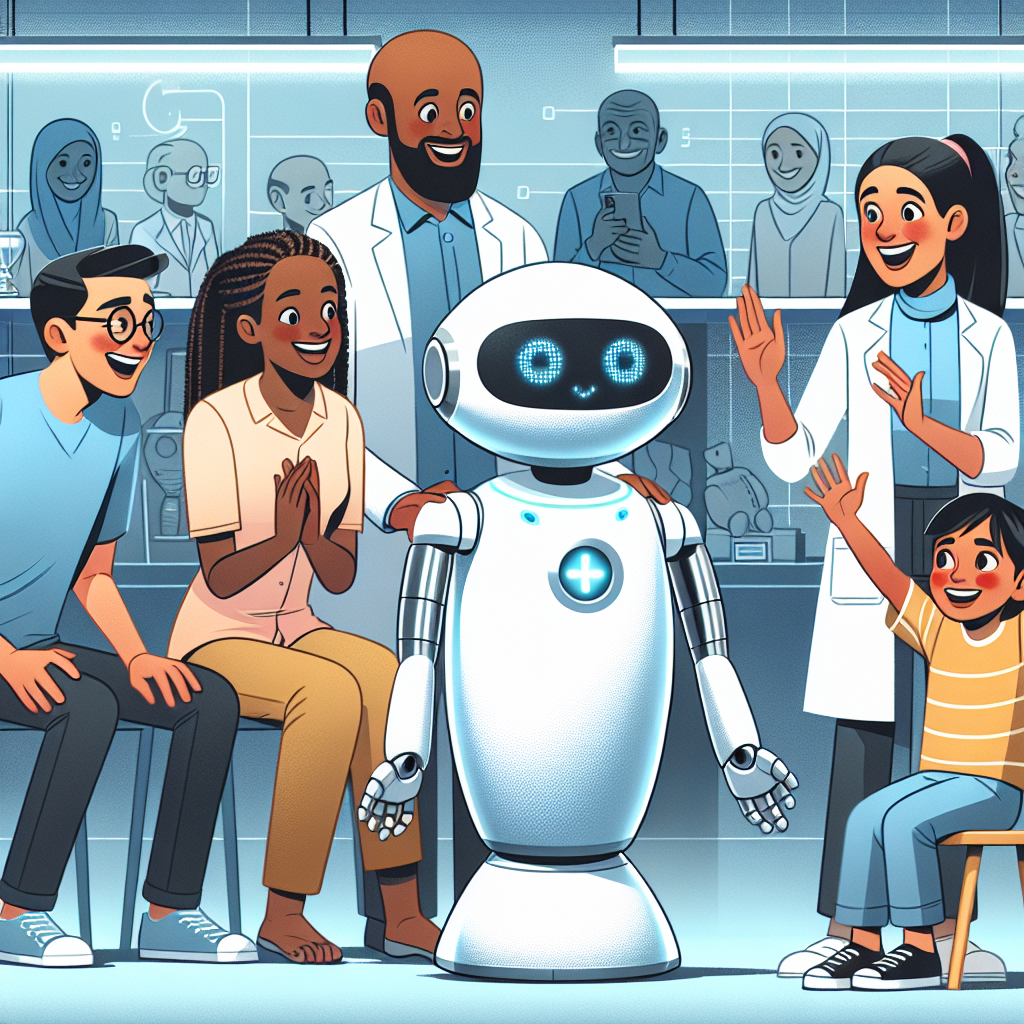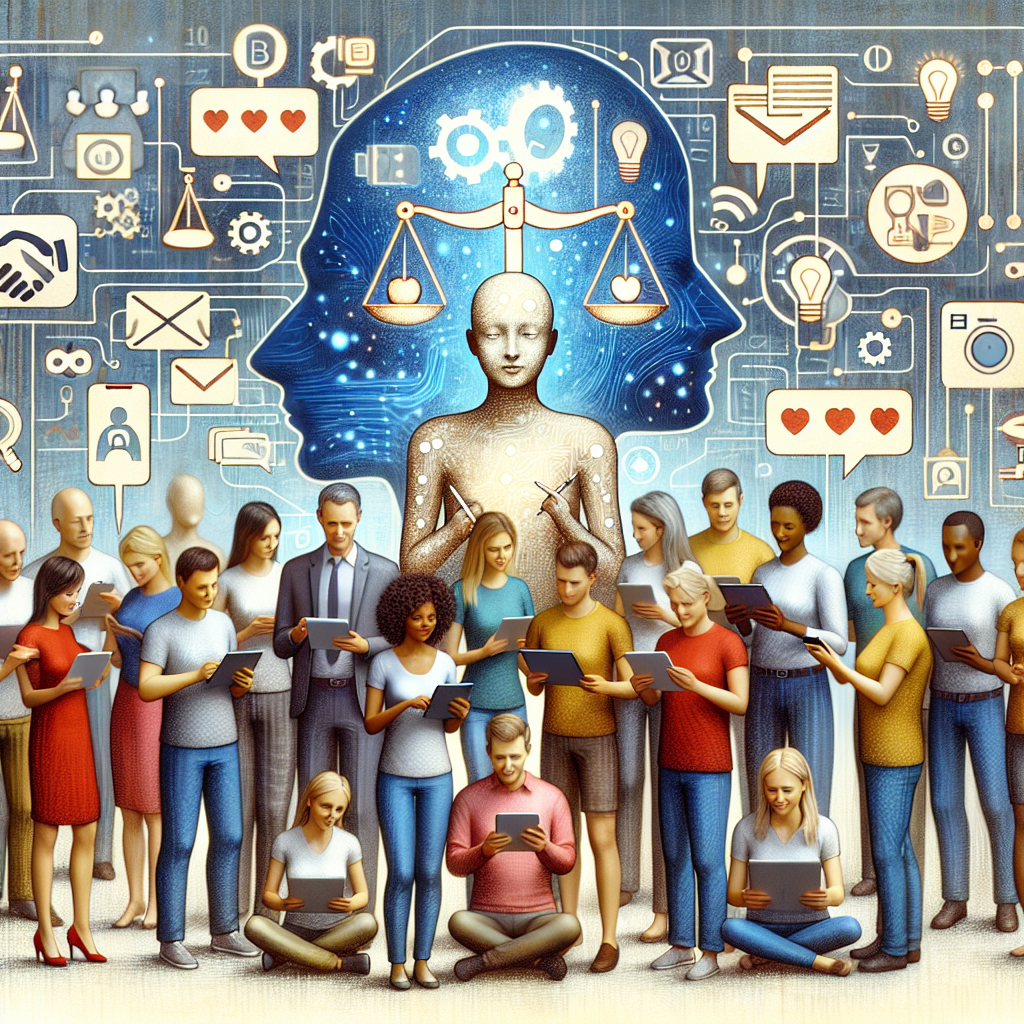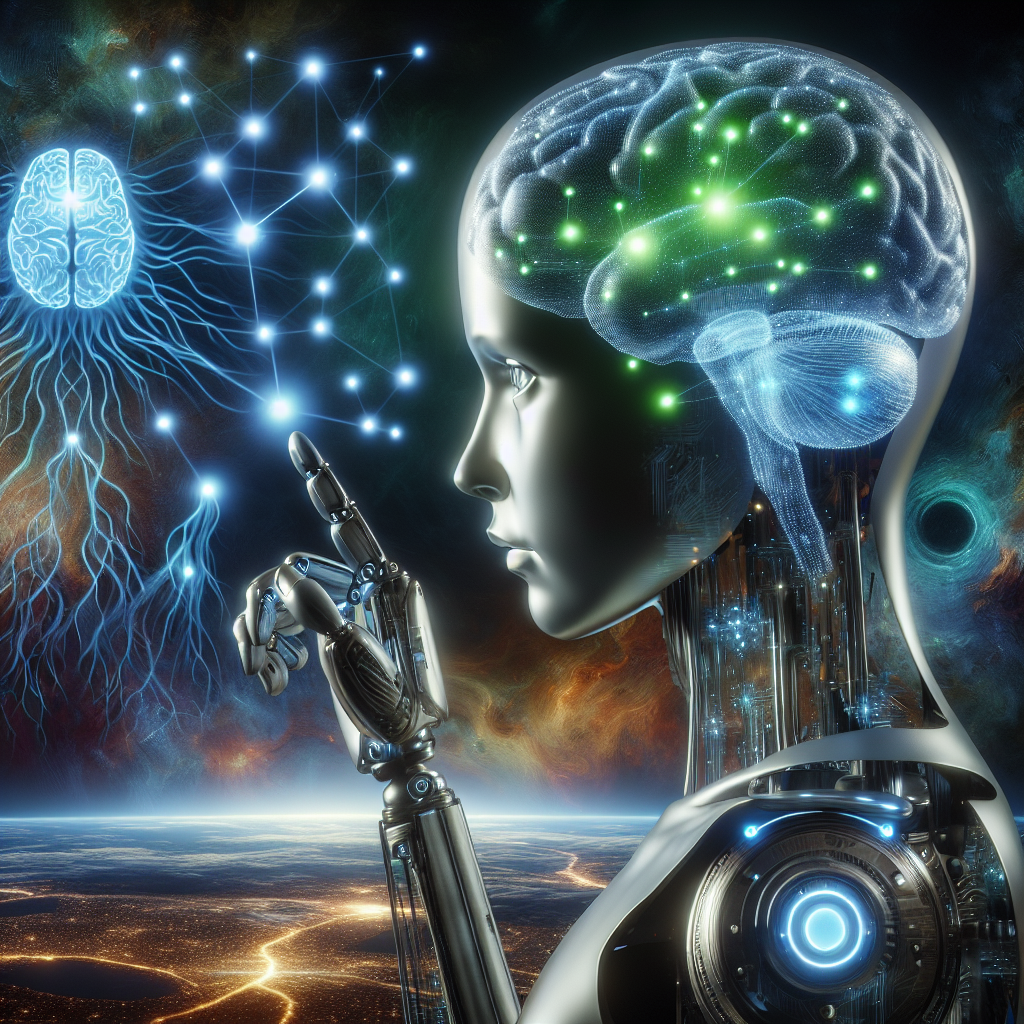In a recent development at Stanford University, researchers have designed an innovative artificial intelligence system known as Moxie, designed to act as a social coach for individuals with autism. The initiative, as reported in “An AI Social Coach is Teaching Empathy to People with Autism” by the Stanford Institute for Human-Centered Artificial Intelligence (HAI), aims to enhance social skills among this demographic, focusing particularly on fostering empathy.
Autism, a spectrum disorder, affects social interaction and communication, presenting unique challenges in understanding others’ emotions and perspectives. Traditionally, interventions have involved therapists or trained professionals, but the novel approach taken by the researchers utilizes technology, making interactive learning more accessible and consistent.
Moxie, the robot at the heart of this project, engages users in conversations and activities tailored to teach social cues and empathetic responses. Its design is underpinned by extensive research on autism and computer interactions, ensuring that the conversations it generates are both engaging and educational. The robot’s effectiveness hinges on its ability to simulate eye contact, recognize emotional expressions, and provide real-time feedback in a controlled, repetitive manner—key for learning in individuals with autism.
The implications of such technology are broad and significant. For many with autism, consistent and intensive social training, which is often difficult to access due to logistical and financial constraints, can be crucial. Moxie offers a promising supplement or alternative to traditional therapies, potentially making effective training more readily available to those who might otherwise face barriers to access.
Technological innovations like Moxie also open new avenues for personalized education plans. Since the AI can adjust its interactions based on user responses, it can cater to the specific needs and progress rates of individuals, an advantage over more generalized group therapy sessions.
However, while the prospects are promising, the introduction of AI into therapeutic contexts does raise ethical and practical concerns. The dependency on technology for human skills, privacy issues related to data collection by AI systems, and the overarching fear of technology replacing human roles in sensitive areas such as mental health are subjects of ongoing debate. Ensuring that these tools complement rather than replace human interaction and maintaining stringent safeguards on data privacy are crucial.
As these technologies develop and become more integrated into everyday use, their true impact, both positive and negative, will become clearer. With institutions like Stanford leading the way, there is hope that such innovative tools can be refined and effectively integrated into society, offering valuable resources for those on the autism spectrum. As we advance, it remains imperative to balance technological advancement with ethical considerations to fully harness the potential of AI in enriching human life.



